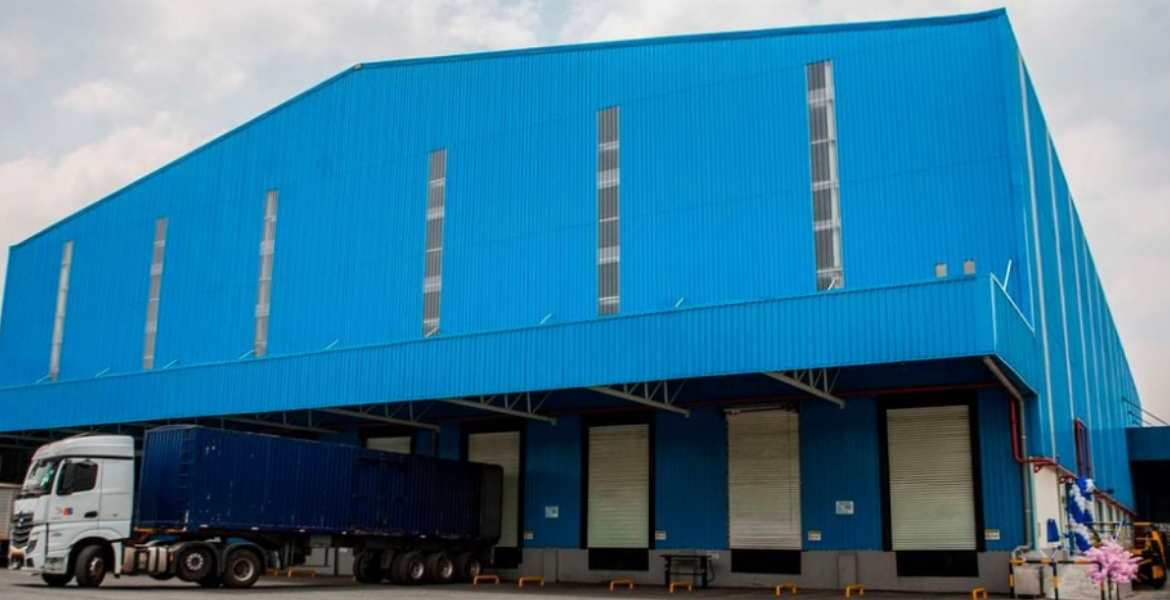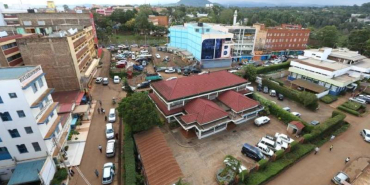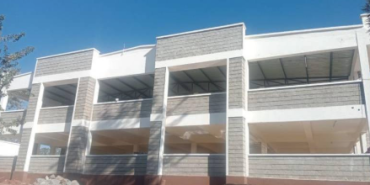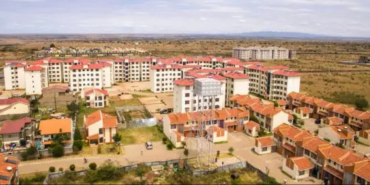Kenya's E-commerce Boom Transforms Warehouse Demand and Rental Rates

The industrial property sector in Nairobi experienced a notable upswing in rental rates during the initial half of 2024, primarily driven by heightened demand from e-commerce companies and data centre operators.
A recent analysis by Knight Frank reveals that Nairobi now commands the second-highest average rent for prime warehouses among ten surveyed African cities, at $6 (Sh775) per square meter, surpassed only by Kampala at $7 (Sh904) per square meter. This surge in rental charges can be attributed to several factors, including the increasing presence of manufacturing and logistics firms entering Kenya under Special Economic Zone (SEZ) and Export Processing Zone (EPZ) licenses. Additionally, the expansion of e-commerce, agribusiness, and fast-moving consumer goods (FMCG) companies have significantly contributed to the growing demand for premium warehousing space.
Key markets such as Johannesburg, Nairobi, and Lagos have witnessed a considerable increase in occupancy rates for modern warehouses, reaching approximately 85 per cent, up from 78 per cent in the first half of 2023. Nairobi and Lagos, in particular, reported rent increases of five and six per cent respectively with current rates standing at $6 and $5 per square meter per month. Despite commanding high rental prices, Nairobi's industrial property market has yielded lower returns compared to other African cities. With a return of 9.5 per cent, Nairobi trails behind six other surveyed cities. Kampala and Harare lead with 13 per cent yields, followed by Lusaka at 12.5 per cent, Lilongwe at 12 per cent, and Dar es Salaam and Cairo at 10 per cent.
Gaborone, Johannesburg, and Lagos trail Nairobi with yields of 8.5 percent, 8.25 percent, and 8.0 percent respectively. The comparatively lower yields in Nairobi suggest that the market value of warehouses has appreciated more rapidly than in peer cities. Nevertheless, the industrial segment remains the top-performing sector in Kenya in terms of investor returns, outpacing both residential and office spaces. In the first half of the year, prime office developers saw an average yield of 8.5 per cent while prime residential property offered a rental yield of 5.5 per cent. Nairobi's office market has also demonstrated resilience, with occupancy rates climbing to 77.2 per cent in June 2024, up from 71.5 per cent in the first half of 2023.
The residential market, despite experiencing relatively slow rental price growth, has seen yields suppressed due to rapidly increasing home prices. Kenya's average yield in this segment is less than half of the 12 per cent offered by the Malawi market and falls well below the 9.5 per cent available in South Africa, Egypt, and Zambia. The growth of e-commerce in Kenya has been a significant driver in reshaping the industrial property market and spurring new developments. Kenyan consumers spent Sh10 billion on e-commerce platforms last year, a substantial increase from Sh2.4 billion in 2014.








Add new comment